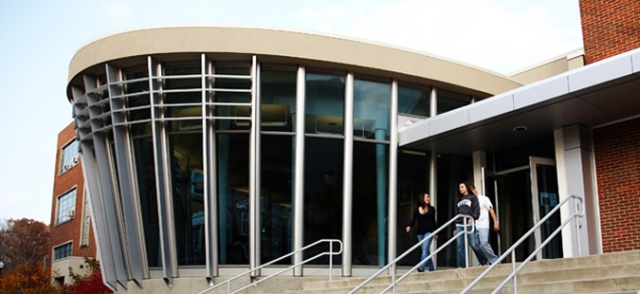Document Type
Article
Publication Date
6-2017
Publication Source
mBio
Abstract
Extracellular polysaccharides are compounds secreted by microorganisms into the surrounding environment, and they are important for surface attachment and maintaining structural integrity within biofilms. The social nature of many extracellular polysaccharides remains unclear, and it has been suggested that they could function as either cooperative public goods or as traits that provide a competitive advantage. Here, we empirically tested the cooperative nature of the PSL polysaccharide, which is crucial for the formation of biofilms in Pseudomonas aeruginosa. We show that (i) PSL is not metabolically costly to produce; (ii) PSL provides populationlevel benefits in biofilms, for both growth and antibiotic tolerance; (iii) the benefits of PSL production are social and are shared with other cells; (iv) the benefits of PSL production appear to be preferentially directed toward cells which produce PSL; (v) cells which do not produce PSL are unable to successfully exploit cells which produce PSL. Taken together, this suggests that PSL is a social but relatively nonexploitable trait and that growth within biofilms selects for PSL-producing strains, even when multiple strains are on a patch (low relatedness at the patch level).
Inclusive pages
1013
ISBN/ISSN
2150-7511
Document Version
Published Version
Copyright
Copyright © 2017 Irie et al.
Publisher
American Society for Microbiology
Volume
8
Peer Reviewed
yes
Issue
3
Keywords
Pseudomonas aeruginosa, social evolution, biofilms
eCommons Citation
Irie, Yasuhiko; Roberts, Aled E.; Kragh, Kasper N.; Gordon, Vernita D.; Hutchison, Jaime B.; Allen, Rosalind J.; Melaugh, Gavin; Bjarnsholt, Thomas; West, Stuart A.; and Diggle, Stephen P., "The 'Pseudomonas aeruginosa' PSL Polysaccharide Is a Social but Noncheatable Trait in Biofilms" (2017). Biology Faculty Publications. 218.
https://ecommons.udayton.edu/bio_fac_pub/218
Included in
Biology Commons, Biotechnology Commons, Cell Biology Commons, Genetics Commons, Microbiology Commons, Molecular Genetics Commons




Comments
This is an open-access article distributed under the terms of the Creative Commons Attribution 4.0 International license (CC-BY).
Journal website